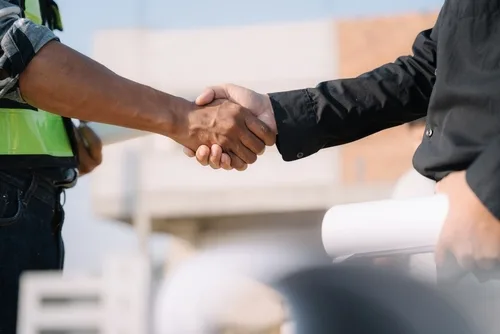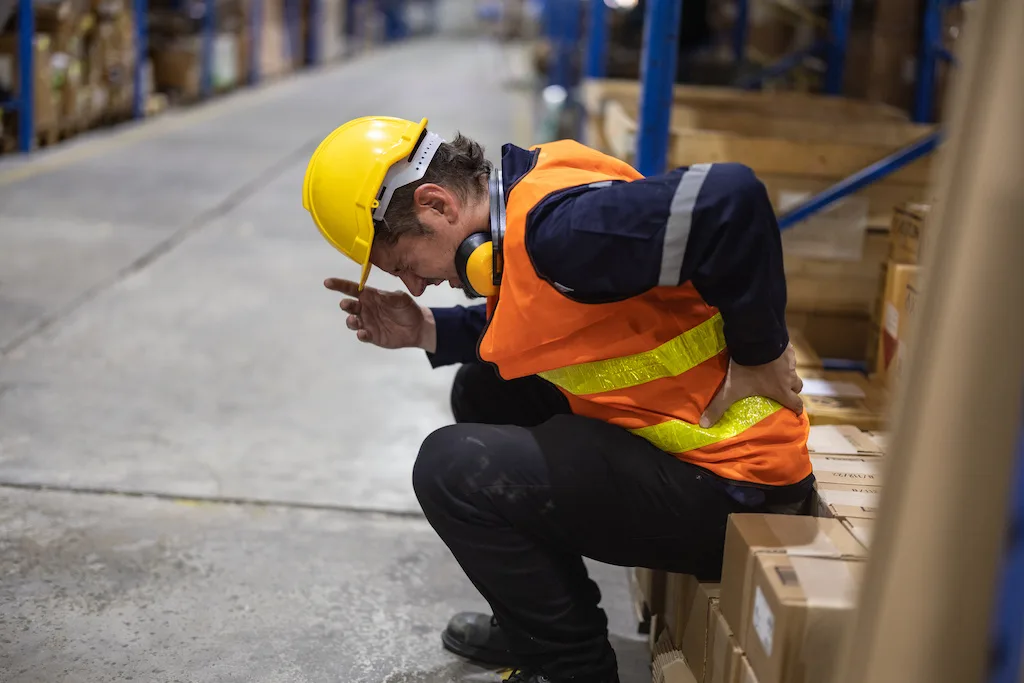
At Greg Linehan Law, your protection and peace of mind are always our top priorities. Recently, we learned of a troubling jury duty scam that’s targeting unsuspecting people by phone. Scammers are falsely claiming individuals missed jury duty and now face serious federal consequences—unless they make a payment to avoid arrest. To help you stay safe and informed, we urge you to read the important message below from Chief Judge Timothy J. Corrigan of the U.S. District Court for the Middle District of Florida, so you can recognize and avoid falling victim to this scheme.
JURY SCAM WARNING
Residents of the Middle District of Florida continue to receive fraudulent phone calls claiming that they failed to appear for jury duty in federal court and/or have an arrest warrant or face a similar adverse situation. The scammer tells the victim that he or she can avoid arrest or other negative consequences by making a payment, which may include purchasing a prepaid card and then giving the card number to the scammer. Scammers may also ask for payment via Venmo or Zelle.
The scammer may sound convincing and use real information about the victim; real court addresses; and real names of law enforcement officers, court officials, and federal judges to make the scam appear more credible. Scammers may even “spoof” the phone number on caller ID so that the call falsely appears to be from a court or government agency, including local sheriff’s offices.
These phone calls are not from the U.S. District Court for the Middle District of Florida, the U.S. Marshals Service, or other law enforcement agencies. No one should provide the scam caller with any personal information, credit card numbers, prepaid card numbers, cryptocurrency, or other money. Here are the facts:
- The court will always send a jury summons by U.S. Mail.
- A prospective juror who disregards a jury summons will be contacted through the mail or email by the court clerk’s office and may, in certain circumstances, be ordered to appear before a judge. Such an order will always be in writing and signed by the judge.
- A fine will never be imposed until AFTER the individual has appeared in court and been given the opportunity to explain his or her circumstances. If a fine is imposed, it will be in open court and reduced to writing.
- Neither the court nor law enforcement will demand payment over the phone.
- Neither the court nor law enforcement will demand a gift card number to satisfy an obligation or request payment via Zelle or Venmo.
- The court does not have a kiosk to accept payments. Neither the court nor law enforcement will instruct someone to make payment at a kiosk.
If you received a scam phone call and wish to verify whether you have been summoned for federal jury duty in the Middle District of Florida, please contact the clerk’s office. Please help us protect the public from this scam by warning your clients, colleagues, friends and family.
Timothy J. Corrigan
Chief Judge
Stay alert and informed: the court will never request payments over the phone. At Greg Linehan Law, we’re dedicated to safeguarding your rights and keeping you aware of potential scams. If you have any questions or need further information, don’t hesitate to reach out to us.










